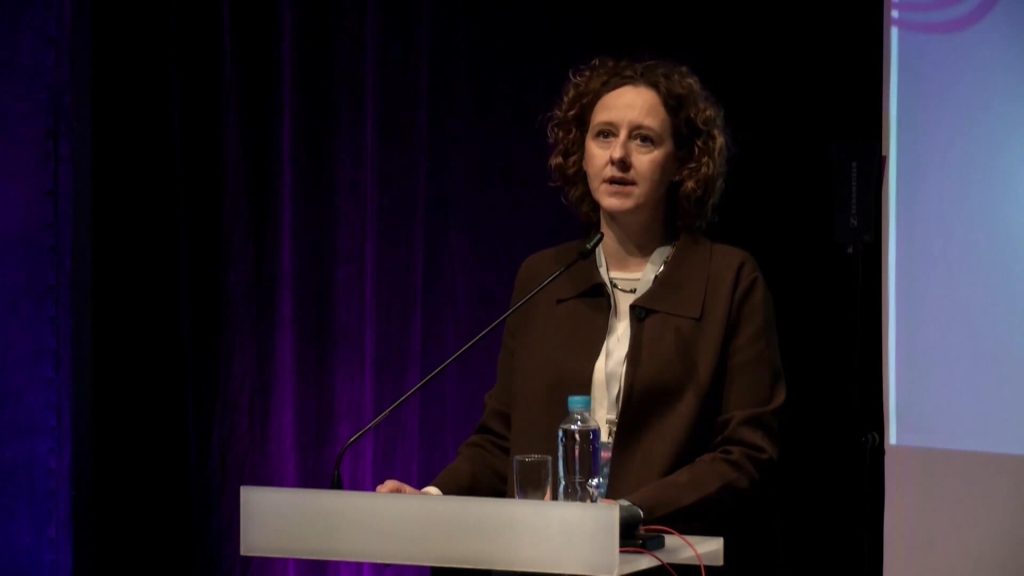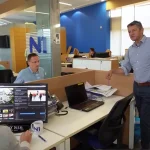“We will liberalise that law in the part concerning the regulation of concentration. However, in that case we are considering certain other instruments which generate or ensure media pluralism. I mean the ‘must offer’ or ‘must carry’ concepts, but an agreement is yet to be reached on this,” she told the press.
The news and programming director of the N1 commercial TV, Tihomir Ladišić, yesterday accused the government of leading to a market monopoly of the two telecoms, A1 and HT, by failing to amend the Electronic Media Act.
His comment came after news that A1 decided to remove N1 from its offer and that it was certain that HT would follow suit.
Asked if the government would allow vertical media concentration, enabling a media publisher to also be a media content operator, which is banned under the current Electronic Media Act, the minister said that was one of the options, adding that the law explicitly banned an operator from also being a media content publisher.
Other media pluralism mechanisms will be introduced
“We are one of the last EU states to have that explicit ban. If we go towards lifting the ban, then some other mechanisms ensuring media pluralism will be introduced,” she said.
These mechanisms will enable a company that is both publisher and operator to offer the channel for which it obtained a concession to itself as an operator and to someone else under the same terms.
The minister said such vertical concentration was “what the public can rightfully be afraid of.”
She reiterated that A1’s decision to remove United Media Group’s channels, including N1, from its offer, was strictly a business matter between the two companies, not a matter of legislative regulation.
The minister has a number of times dismissed the argument that the Electronic Media Act did not allow N1 to broadcast on its own platform, saying the law regulates only publishers which have a concession and are established in Croatia.
“N1 is a pay channel which is not established in Croatia and does not have a concession,” the minister said.
She would not say what it meant for media democracy in Croatia that N1 was being phased out because two operators decided to remove it from their offers.
“Two days ago I said I believe it’s in the public interest that all channels which interest the Croatian public should be available on all operators and I stand by that.”
Following news that A1 was cancelling its contract with N1, MPs today called for regulating the telecommunications and media market and resolving contentious issues as soon and as precisely as possible with a new electronic media law.
For more about politics in Croatia, follow TCN’s dedicated page.











